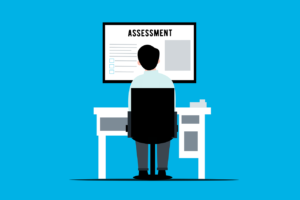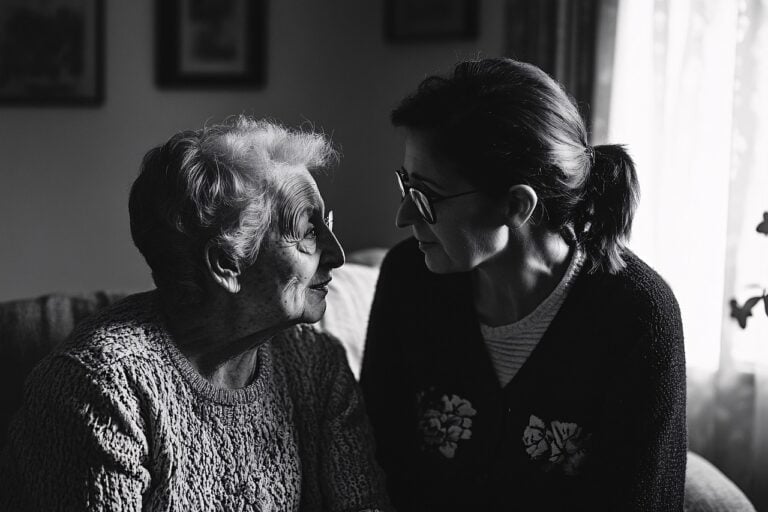Welcome
Alzheimer’s & Dementia Weekly was inspired by my mother’s journey with autoimmune dementia and my dad’s with Parkinson’s dementia.
Walking beside them opened my eyes to the confusion, the courage, and the deep humanity found in families and professionals caring for someone they love.
Since its debut in 2007, this site has had one clear mission:
to separate the wheat from the chaff — to highlight only the most essential articles, studies, tools, and videos from the overwhelming river of dementia-related information.
(At last count, Google receives a new post on Alzheimer’s or dementia every seven minutes.) For anyone seeking clarity or support, that constant flow can be exhausting and discouraging.
Alzheimer’s Weekly filters, translates, and explains what matters most, helping hundreds of thousands of families, clinicians, and care teams around the world make sense of the latest research and best practices.
This site is dedicated to everyone who works—often quietly and tirelessly—to preserve dignity in the community of people living with dementia.
About the Editor
With experience in dementia caregiving, public education, and Alzheimer’s-focused writing—and a professional research background shaped in what many consider one of the world’s top laboratories—I work to make complex findings clear, practical, and genuinely helpful for both families and professionals providing care.
My goal is simple:
Translate the best science into guidance that lightens the load, strengthens understanding, and helps every person with dementia live with dignity.
Peter Berger
Editor, Alzheimer’s Weekly












"I might be a little concerned about my spouse or friend but they are only in their 50s or 40s so there's NO WAY they could have Alzheimer's. I know that, as the Alzheimer's Association says: "Alzheimer's is not normal ageing" but don't you have to be relatively old? Certainly in your 80s or even in your 70s maybe in your late 60s but 40s or 50s is definitely TOO YOUNG!!! I know that's true because if it were possible to have Alzheimer's that early, it would be in the news, wouldn't it??"
Unfortunately, you CAN be in your 40s or 50s and have Alzheimer's. Why doesn't the Alzheimer's Association stress this? Why is it such a secret? Why isn't it included in their ads (which seem to show only the stereotypical lady in her 70s or 80s)? You'll have to ask them. The fact is that over 200,000 Americans under the age of 65 have Alzheimer's, a disease that is ALWAYS fatal and for which there currently is NO treatment and no way of prevention. There are NO "Survivors Walks" for Alzheimer's like there for other diseases which receive anywhere from 6 to 10 times the research funds.
It's time to take this disease seriously. It's time to find a cure ASAP. Write your members of Congress, inform your friends and relatives and tell them to write too! This is a horrible disease that's been called the most costly. I know. My wife was diagnosed when she was 54.
my dad has this and my ex- father-in-law and so I know the symptoms to look for. not a good diagnosis to have but the family should know so they know how to better deal with the person.
His book was my "bible" as I cared for my mother who lived with Alzheimer's for more than 15 yrs. Thank you Dr.!